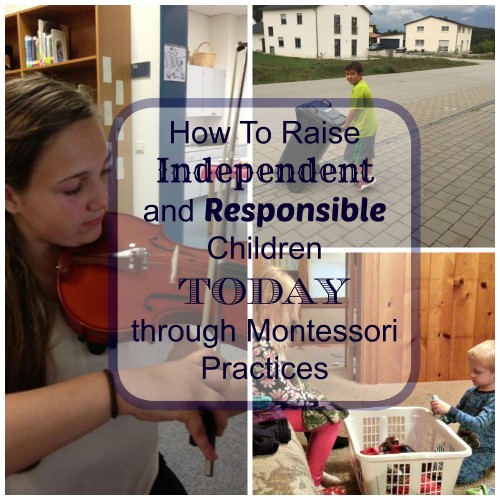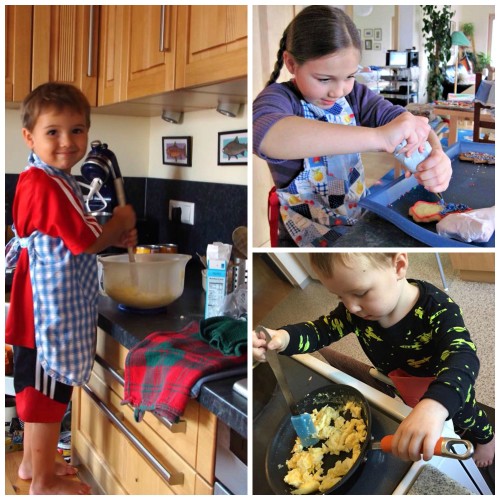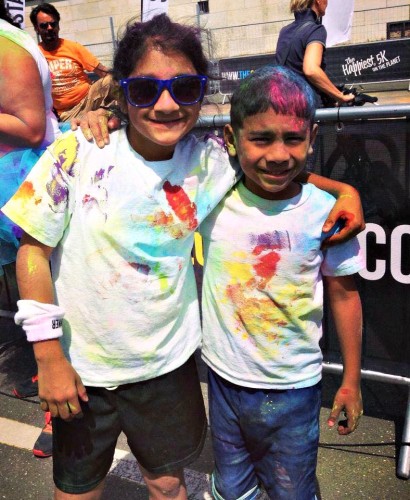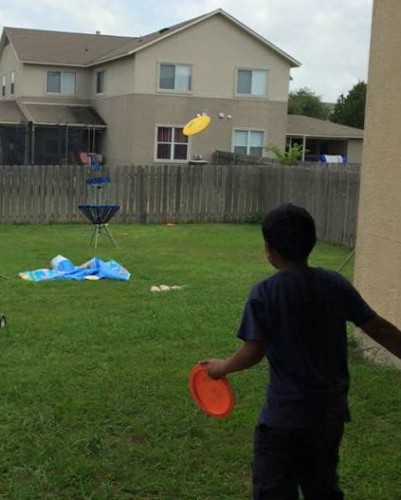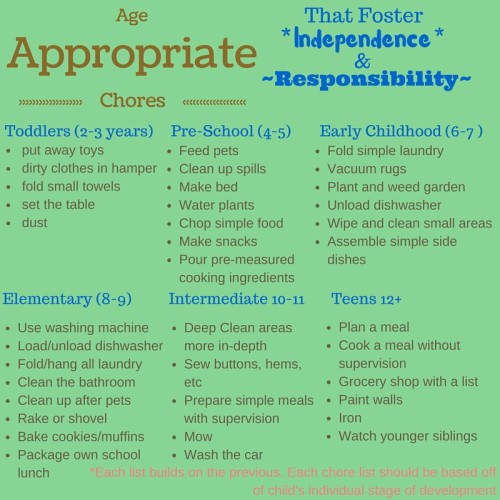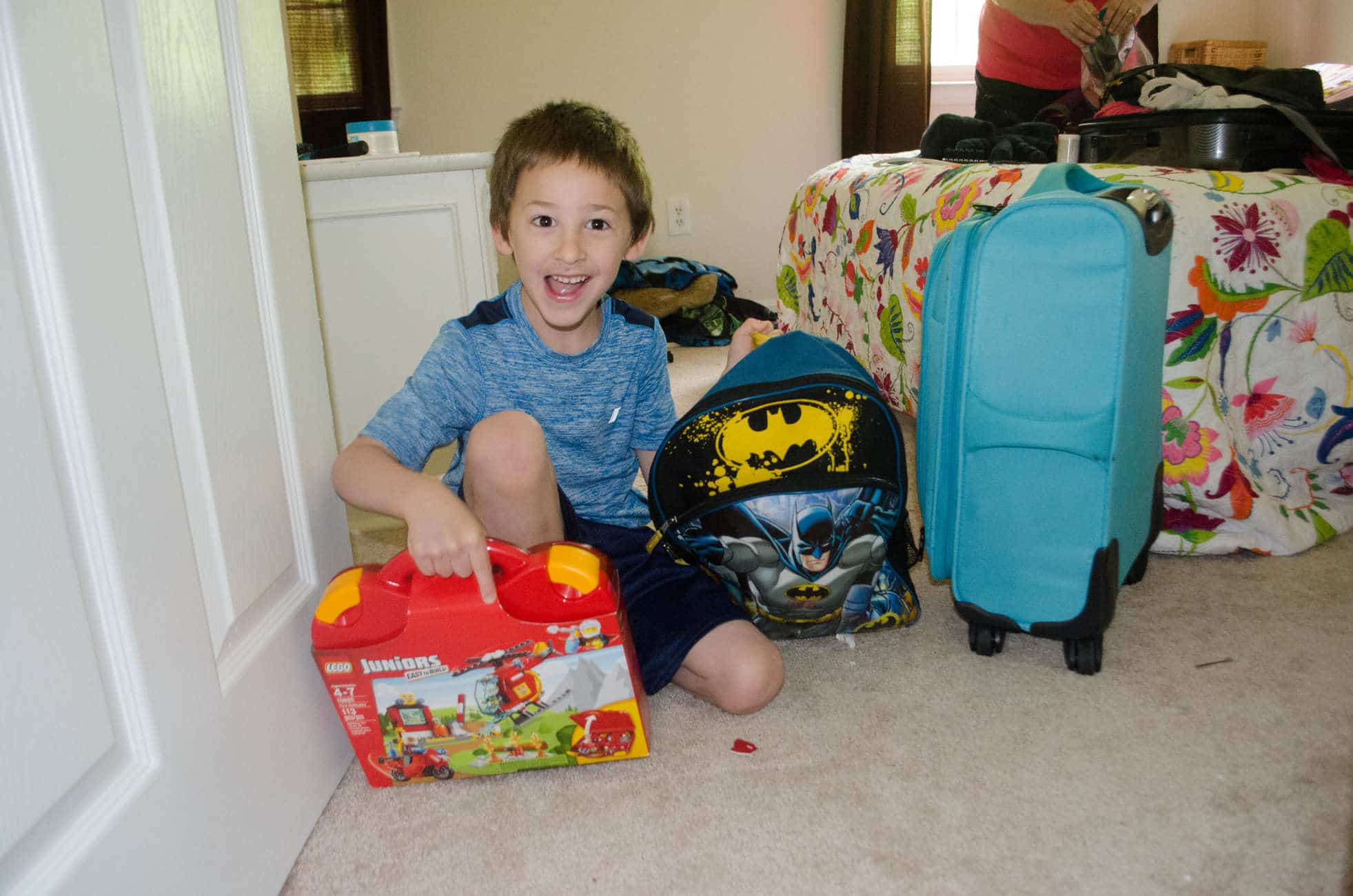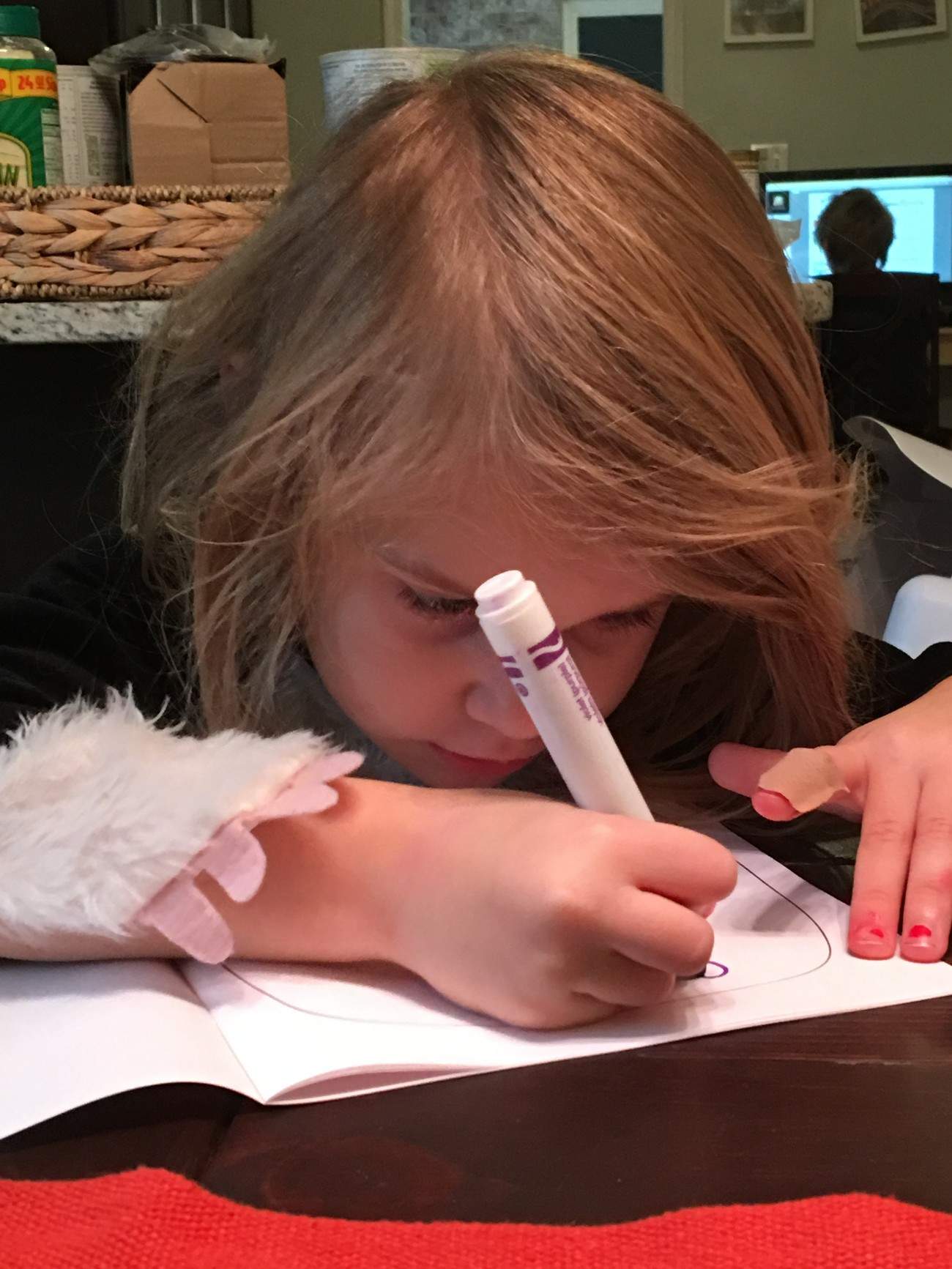Guest Post: Eight Ways to Raise an Independent Child
PICK UP YOUR TOYS!
Have you brushed your teeth yet?
Where is your lunch?
Who spilled this juice all over the kitchen floor!?
Do any of these questions sound familiar in your home? Chances are, at some point, you have felt frustrated with trying to be super mom or dad. You want your children to be successful and independent, yet you still want them to be your babies, right? What if I told you there was a way to foster that independence in any child while still upholding a loving and nurturing home?
Whether or not you know much about the Montessori educational philosophy, you can still bring its life-changing practices into your home.
Montessori is all about preparing children for their next phase of life, whether that be the first day of kindergarten, graduating high school or preparing for a job interview, which is something we can still implement in any home, regardless of what school they are in.
Each phase of life has more than just academic components to it and if we want our children to be successful, independent and good citizens of our community, it is simply a matter of addressing the whole child, especially at home.
So how can a parent bring practical life and Montessori into their home, even if they are not in a Montessori school?
First, it is a matter of figuring out where YOUR child is developmentally. This is not simply just stating how old they are, but instead finding out where your child is emotionally, physically, mentally and socially.
Finding out where your child is can be as simple as
- Talking to their teacher.
This isn’t your typical parent-teacher conference where you find out your kiddo needs more work on their times tables. Don’t just think academics and grades; think WHOLE child.
- Talk to your child
Ask them what currently interests them and then foster this love in the home through books, movies, experiments and exploration.
Depending on the age and developmental stage of your child, here are just a few ways that you can bring Montessori into the home:
Fostering Independence
We often don’t give credit to even our youngest of children and what they are capable of. Even two year olds can be responsible for their own toys and small tasks around the house.
Of course, as the child gets older, expectations and amount of responsibility should change. Don’t be afraid to set high expectations. It is amazing what a child can do with just a little support and motivation. Sometimes, it is just a matter of (several) demonstrations and then letting the child experiment with the task on their own.
Chores
Most likely, there is a chore list in your house and this is a great first step to bringing “Practical Life” Montessori into your home. While different chores will be ideal for different developmental age levels, “chores” can start as young as toddlers.
*One way to bring Montessori into the home is to have your children plan out their own chore list. This can be from a prescribed, ready-made menu that the child then picks from.
- Maybe you have a chore a week where they even have to brainstorm with you what things may need to be done around the house. Then, the child sets a plan on how and when to get them done. If you choose this route, the child should be solely responsible and you just a monitor. A gentle reminder is always helpful, but it is on them to complete their list.
- To take it a step further for older children, together, list a few simple and easy to follow- through-with consequences that everyone agrees upon if chores aren’t completed by the agreed upon times (no tv, phone taken away for designated period of time, etc)
No matter how your family decides to implement a chore system, be sure that the children are a part of the process, are aware of your reasoning and fully understand expectations and consequences.
Cooking
No matter how young or old your child is, they should be involved in cooking. This is not only a valuable, life-long, necessary skill but is also perfect for spending time with your children. There are also indirect skills that can be learned through cooking, such as dealing with frustration when something spills or you mis-read the measurements for a recipe (we’ve all been there!). Plus, this is the perfect opportunity to get your child to learn about whole, healthy foods and that what they put into their bodies matter.
Cooking has such a wide range of skills to be developed and learned depending on the age. Your children can learn anything from fine motor skills to math or simply organization and responsibility!
Gardening
Yardwork is a wonderful way to bring Montessori into the home. Planting a garden is the perfect opportunity to bring science into the home and to learn about life cycles, bugs or photosynthesis. It’s another great way to teach responsibility and care for living things. Some families will plant a vegetable garden based off of foods their families enjoy, while others may just do a few potted flowers and plants. Either way, so much can be learned from working in the yard and in a garden. Plus, there is something to be said about working with your hands in the fine outdoors!
Fine motor skills can be fine-tuned by working with hand tools and picking weeds, while gross motor skills can be worked on with raking and mowing. Depending on the age of the child, adapt the expectations and skills.
Most parents also know that there is an innate longing for a child to want to get dirty! This is the perfect way to indulge in this messy playtime while also learning and being productive!
Personal Interests
Chances are, your child has some sort of personal interest budding beneath the surface. Maybe they are currently really interested in rocks or a certain sport as they grow older. Perhaps you overhear your child always singing in the shower or doodling on the edges of papers. Find ways to bring this interest into the home. Sometimes, this can be as easy as simply talking about it at dinner! Can you find activities to do on the weekends that foster this excitement? Can you figure out science experiments that take the learning to a new level? Often, you can tie in academic areas to the subjects of interest; really fostering the whole child.
Encouraging Entrepreneurship
Being an entrepreneur is a highly sought after skill and takes a certain kind of thinking, problem solving and motivation. Starting as early as 6 years old, take the “lemonade stand” approach a few steps further and help your child learn about responsibility, managing finances and more by “starting their own business.”
Remember that personal interest? Maybe your child could set up a small shop (online, in the driveway, even on Etsy). Maybe they love to crochet and could make hats, start a lawn mowing business in the neighborhood or make baked goods for a small fee. Practicing entrepreneurialism early is a highly valued skill that really fosters creative thinking, independence and responsibility.
Community Learning
Part of being a good citizen in our world is learning how to give back to our communities. Taking the same interests you found earlier, find a way to use this skill to give back in the community somehow. Maybe your child volunteers at a soup kitchen or helps garden in a local park.
Learning to give back can also start right in your very own home. Consider cleaning out the toy box and donating to kids in need before reaping the next birthday or holiday loot. Before going shopping, look through the closet for clothes still in good shape that don’t get much use anymore that could be donated to a women’s shelter.
Starting these conversations and habits young will make a lasting impression on your child on how they should view helping others.
Taking a Step Back
Often times as parents, we want to help our children at the first sign of frustration. However, this is not practical for the real world. Of course we don’t want to see our children flounder or suffer, but sometimes, you have to fall in order to know how to get up. Let your children explore and in that exploration, if they struggle, let them feel that. You will know the right time to step in and help, but you will be AMAZED at what a little independence and self-learning can do for an individual.
At the end of the day, bringing Montessori into the home doesn’t need to be about buying expensive Montessori learning materials. Bringing Montessori into the home is about learning REAL life skills, and what can be more “real life” than what goes on in a home?
A Note to the Parents
Often, bringing Montessori and practical life into the home is about fostering independence in your child. What looks like success or a finished job to you may not be what success looks like to your child.
Know that it is better for your child to spill flour all over the counter, learn about frustration and then help them clean it up rather than you pouring and do all the work.
Know that what your level of “clean” for vacuuming may not be what a six year old’s vision is. However, by going back and re-doing it yourself, it only reinforces that they were “wrong” and could cause aversion or opposition in the future. Likewise, by demanding your level of achievement, you may not be meeting them at their developmental level.
On the other hand, not having them do these skills at all because it doesn’t meet your level of satisfaction is depriving them of valuable lessons and learning in the home.
Be patient and know that a halfway clean home, but with an active and engaged child is a learning, loving and independent home!
~~~~~~~~~~~~~~~~~~~~~~~~~~~~~
LeAnna Brown is an Elementary Certified teacher with a certification in Montessori Ages 6-12 as well as a background in Special Education. Her two main passions in life are working with children and traveling the world. To read more, please visit her website at EconomicalExcursionists.com or follow her on Facebook.



